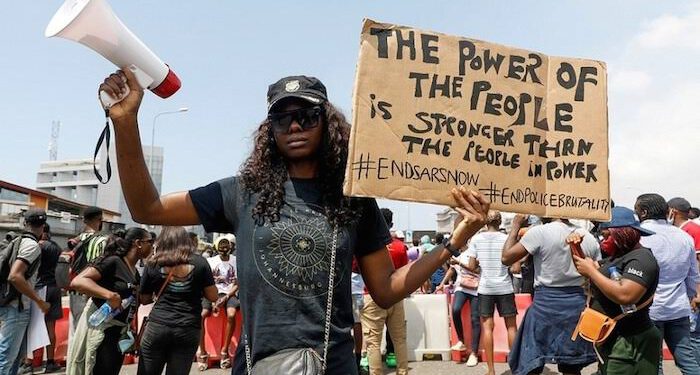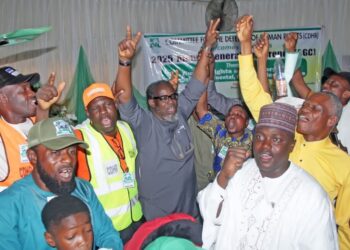By Taiwo Olapade
Section 74 of the 1999 Constitution, as amended, guarantees Nigerians the right to associate, peacefully assemble, or protest. The Supreme Court has also upheld this inalienable right in a case between citizens and the government.
However, no right is without limits, even under global best practices. This is why it is said that there is a limitation to every right and that absolute power corrupts absolutely.
The country’s economy is currently very fragile, as confirmed by the National Bureau of Statistics, the Manufacturers Association of Nigeria, NACCIMA, the Chambers of Commerce and Industry, and prominent economic analysts. The question is, can the nation’s economy withstand ten days of total shutdown?
The threats of the planned nationwide protest are beginning to manifest as organizers of major events have announced postponements.
Higher institutions currently conducting examinations have also rescheduled those originally set for the first week of August.
Social events, including weddings and burials, are not spared, as organizers have also postponed such events scheduled between August 1st and 10th.
The truth is that the postponement comes with significant costs and implications, especially for the organizers.
According to Dr. Muda Yusuf, the Chief Executive Officer of the Centre for the Promotion of Private Enterprise, the nation will lose about ₦400 billion daily if the economy is shut down due to the protest.
The state of the nation’s economy requires a boost, especially for SMEs, which are the backbone of every economy. However, from all indications, this critical sector may also come to a halt for the next ten days. Your guess is as good as mine about what the situation would be.
As a reference, consider who benefits or loses from the continued sit-at-home orders in the South-East?
While the protest is a legitimate exercise, it could also be counterproductive for our struggling economy. Instead, what should be paramount is a collective and deliberate effort to improve the already dire situation we find ourselves in.
This is not to defend the Tinubu-led government, but we all recall that both the Minister of Finance and Coordinating Minister of the Economy, Mr. Wale Edun, and the CBN Governor, Olayemi Cardoso, unequivocally and repeatedly told Nigerians that they inherited a near-collapse economy from one of their own, President Muhammadu Buhari. One may want to ask, what about the assets left behind by Baba Buhari?
I strongly believe that the Tinubu government should be wary of adopting the blame game that was prominent under his predecessor and should instead roll up its sleeves and take full charge of the mandate given to him by the people. After all, he once told us that we should not pity him. Nigeria, we hail thee.
Taiwo Olapade, a Broadcast Journalist and Social Commentator, writes from Lagos.





















